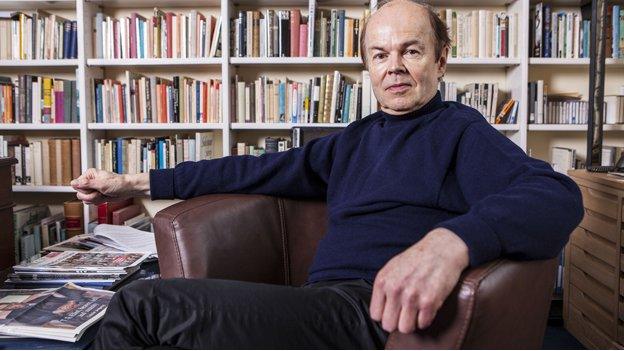Press victims 'betrayed' by law delay
- Published
Gerry McCann: "We feel our views are being pushed aside"
Victims of press intrusion have accused the government of breaking its promise over regulation.
The group, which includes Kate and Gerry McCann, says a delay in bringing into law a key part of the Royal Charter agreement is a "betrayal".
The change was one of the commitments made after the Leveson Inquiry into press standards and was passed by MPs.
But three years on, it still needs to be signed off by the culture secretary, who says it is "under consideration".
One of the regulations would require newspapers to pay libel costs even if they won a case brought against them, should they not have previously offered a low-cost means of resolving the claim.
Culture Secretary John Whittingdale has told newspaper editors he questions whether this legal change will be "positive" for the newspaper industry.
'Multiple promises'
The signatories to an open letter to Prime Minister David Cameron include the McCanns, whose daughter Madeleine went missing in Portugal in 2007, and Christopher Jefferies, who was wrongly arrested during the investigation into the murder of Jo Yeates in Bristol in 2010.
Mr McCann says victims of the press feel very let down.
"The prime minister promised us on multiple occasions that we would be at the centre of press regulation reform and clearly that's not the case," he said.
"The people at the centre of this are the owners of the major newspapers.
"So, I think, we feel betrayed."
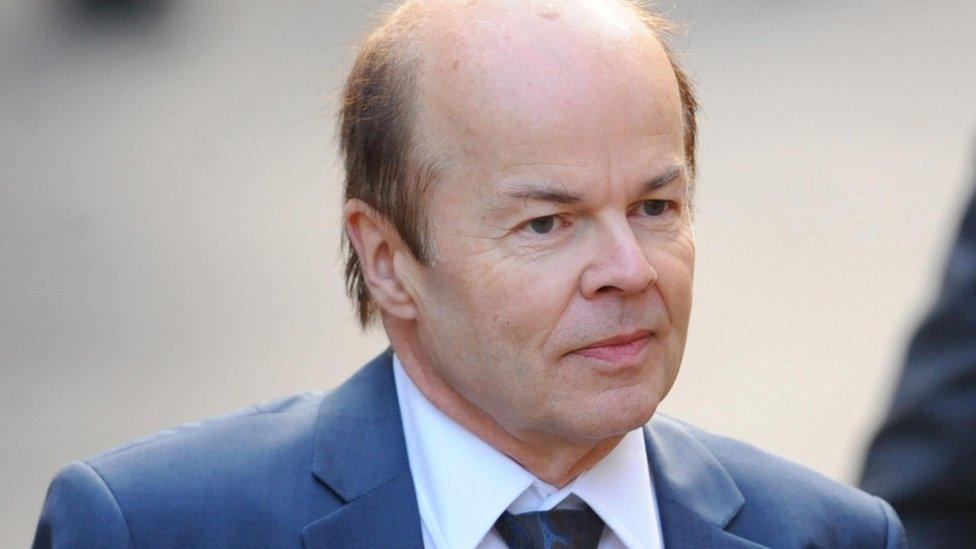
Christopher Jefferies was among those who signed the open letter
The letter, which the Guardian has published in full here,, external raises concerns about the lack of contact with victims when compared with the number of meetings between the prime minister and senior figures from the newspaper industry.
It also highlights reports that the second part of the Leveson Inquiry, which was scheduled to take place once the many criminal trials over phone hacking and payments to public officials had taken place, may be shelved.
'Vital public importance'
"Since this is meant to establish how lawbreaking took hold in our press, why the police failed to stop it and who was responsible, we need hardly say why this is of such vital public importance," the letter says.
Section 40 of the Crime and Courts Act was devised to punish newspapers if they forced people to use the libel courts without offering a cheaper alternative.
But if Section 40 was signed in to law, it would come in to force only if there was an officially recognised regulator.
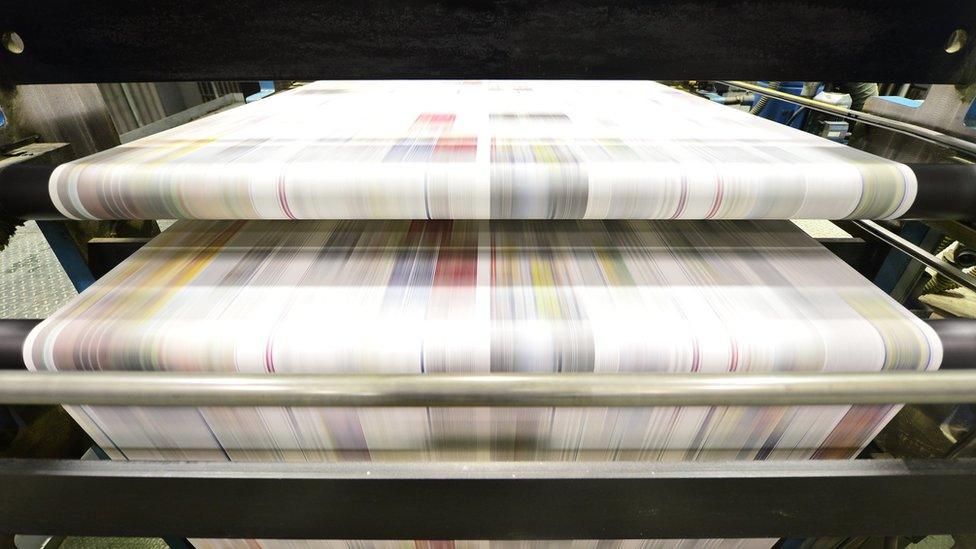
A new regulator, the Independent Press Standards Organisation (Ipso), has been set up by the newspapers and has wider powers than previous bodies.
It represents most of Britain's main newsbrands except for the Guardian, the Financial Times and the Independent .
However it has not yet offered public arbitration, a cheaper alternative to the libel court, to settle disputes.
Ipso looks unlikely to ever seek recognition although a rival regulator, Impress, has applied.
Impress has about a dozen members so far and more are expected to be announced in the months to come.
Risk-free claims
It made its application for recognition in January and, if it is approved, the new law on libel costs would become active.
The papers would then face the possibility of libel actions from the public that would for the first time be effectively risk free for claimants and enormously expensive for the papers.
In a statement the Department for Culture Media and Sport said: "No decision has been taken about when to commence the cost provisions."
A spokesman added: "The criminal investigations relating to the Leveson Inquiry have not yet completed and we have always been clear that the conclusion of these cases must take place before we consider part two of the inquiry."
- Published9 February 2016
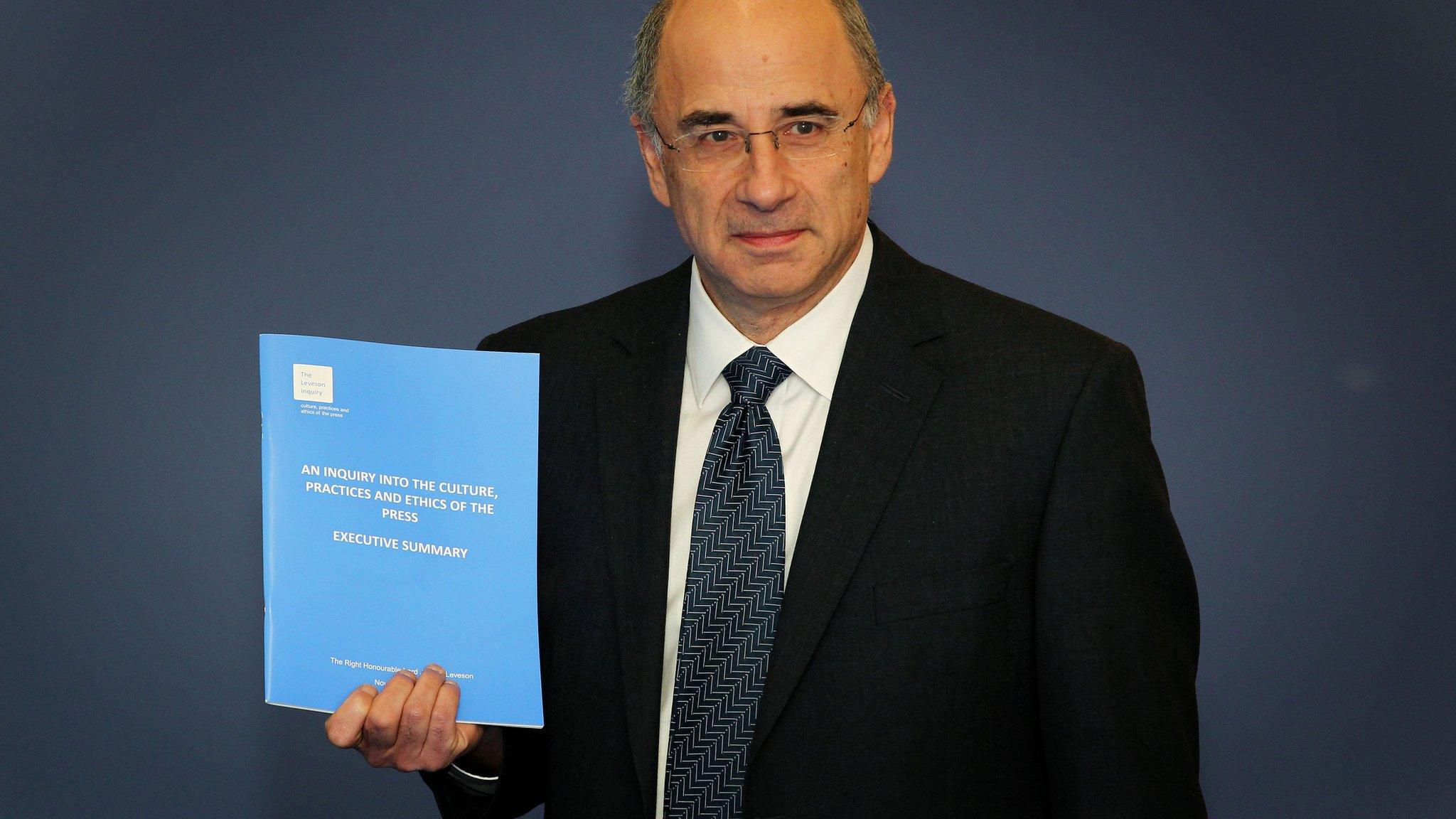
- Published11 December 2015
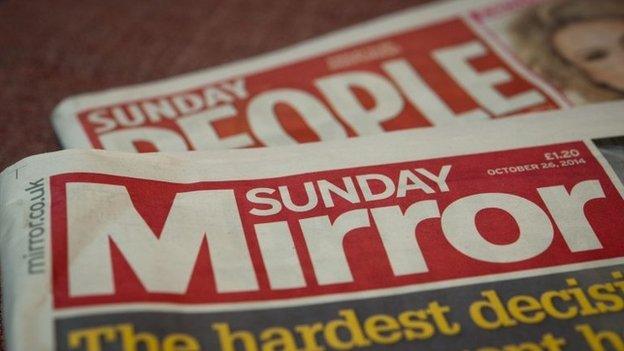
- Published9 November 2014
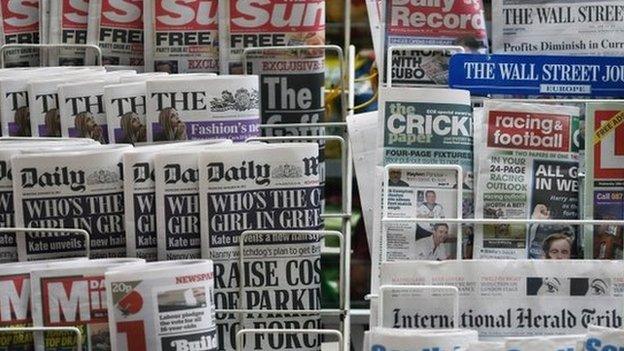
- Published8 September 2014
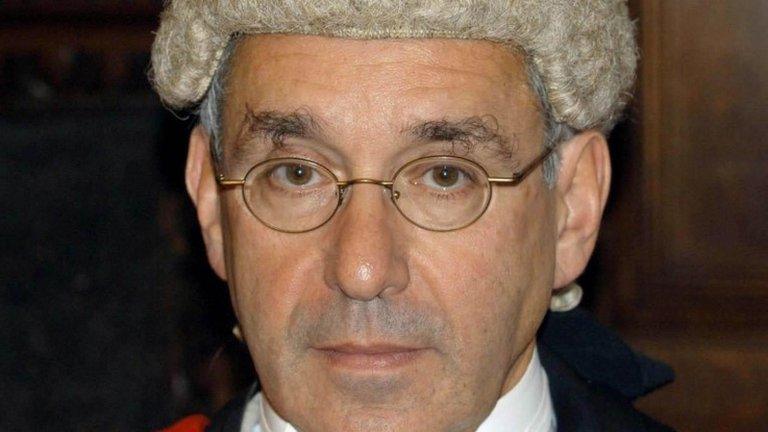
- Published10 January 2014
